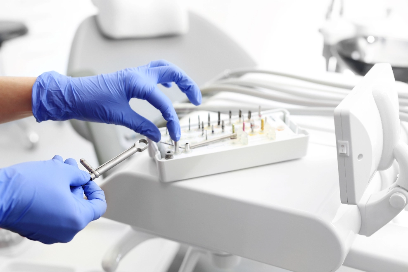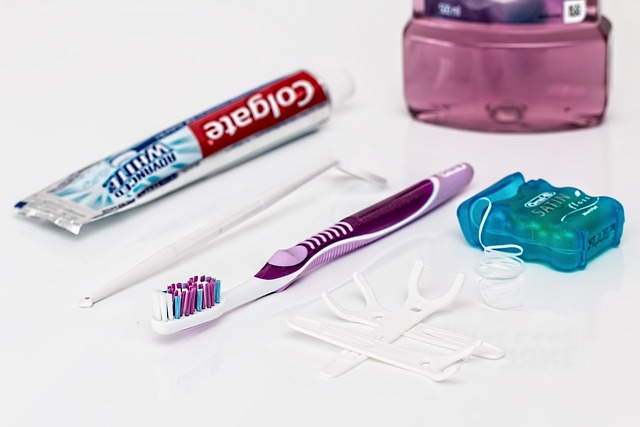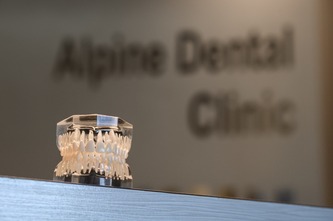Dental Care For Seniors
Dentistry for Seniors: Ensuring Oral Health in Later Years
As we age, maintaining good oral health becomes increasingly important. Senior dental care encompasses a variety of practices and treatments designed to cater to the unique needs of older adults. Here, we delves into effective strategies for dental care for seniors, with a focus on the importance of dentures and understanding dental coverage options.
Understanding Dental Care for Seniors
Dental care for seniors is about more than just dealing with tooth decay. It involves comprehensive care to prevent dental diseases and manage age-related conditions that can affect oral health. As we age, our mouths naturally change, experiencing wear and tear that can lead to a host of dental issues such as dry mouth, root decay, and gum disease. These conditions can significantly impact one’s quality of life by affecting the ability to eat, speak, and enjoy daily activities.

Seniors Preventive Care
Preventive dental care is crucial for seniors. This includes regular dental check-ups, which are vital for catching diseases early before they become more severe. Dentists recommend that seniors have dental examinations at least twice a year. During these visits, dental professionals/hygienists can provide cleanings, fluoride treatments, and screenings for oral cancer, which is more common in older adults.
Dental Hygienists for Seniors
Dental hygienists play a crucial role in the oral health of seniors, providing specialized care that is essential for this age group. They work closely with dentists to perform cleanings, assess oral health conditions, and educate seniors on maintaining good dental hygiene practices. Given the common dental issues that arise with aging, such as gum disease and dry mouth, hygienists are particularly focused on preventive measures. They offer tailored advice on effective brushing and flossing techniques, especially for those with limited dexterity or cognitive challenges. Additionally, dental hygienists can help seniors identify the early signs of oral health problems, ensuring timely treatment and management to prevent complications. Their expertise and guidance are invaluable in helping seniors maintain their oral health and overall quality of life.
Daily Oral Hygiene
At home, seniors should continue to brush twice a day with fluoride toothpaste and floss daily. Because manual dexterity may decline with age, there are adaptive aids such as electric toothbrushes or floss holders that can make these practices easier and more effective.
Dentures for Seniors
Dentures are a common and essential aspect of dental care for seniors. They play a crucial role in maintaining good nutrition, as they enable seniors to chew food properly. There are two main types of dentures:
- Complete Dentures: Used when all the teeth are missing. They can be conventional, which are placed after the gums have healed following tooth removal, or immediate, which are made in advance and can be positioned as soon as the teeth are removed.
- Partial Dentures: These are an option when some natural teeth remain. Partial dentures are beneficial not only for aesthetic reasons but also to prevent other teeth from shifting.
Choosing the Right Dentures
The choice between types of dentures depends on individual needs and dental conditions. Consulting with a dentist is essential to determine the best fit and material. Modern dentures are more comfortable and natural-looking than ever, offering seniors not only functional benefits but also boosting self-esteem.
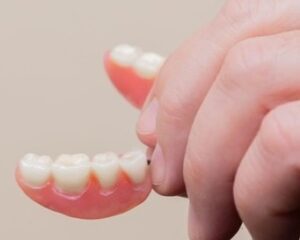
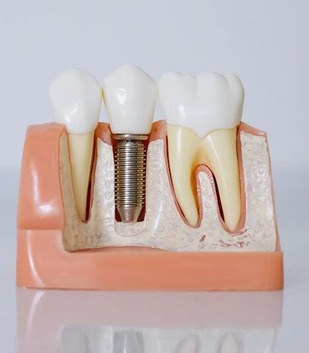
Dental Implants for Seniors
Dental implants offer a durable and aesthetically pleasing alternative to dentures for seniors, providing a more permanent solution to tooth loss. Unlike dentures, which are removable and can sometimes slip or cause discomfort, implants are surgically anchored into the jawbone, offering stability that closely mimics natural teeth. This not only enhances comfort but also improves the ability to chew and speak, thereby boosting nutritional intake and overall quality of life. Dental implants also help preserve the jawbone and facial structure, preventing the bone loss that often accompanies tooth loss in aging. While the initial cost and procedure for implants can be more intensive than dentures, many seniors find the long-term benefits of a more natural look and feel, coupled with reduced maintenance, to be a worthwhile investment for their dental health and self-confidence.
Dental Coverage for Seniors
In Canada, dental coverage for seniors varies by province and territory, as there is no universal national dental care program that covers all older adults. Most seniors must rely on private dental insurance or out-of-pocket payments to cover dental expenses. However, some provinces offer specific programs aimed at assisting low-income seniors with dental care. For example, Ontario provides the Ontario Seniors Dental Care Program, which offers free routine dental services for eligible low-income seniors. Similarly, Alberta’s Seniors Financial Assistance programs offer various levels of subsidized dental care to qualifying individuals. In Saskatchewan, the Health Benefits Coverage provides some financial assistance to low-income senior citizens, for a limited number of services, although direct dental coverage is not typically included.
Seniors Dental Care At Alpine Dental Clinic, Swift Current.
Dental care for seniors is an integral part of maintaining overall health and well-being. With the right preventive measures, suitable dentures, and understanding of coverage options, seniors can enjoy a high quality of life with good oral health. Regular consultations with dental professionals and staying informed about the latest in dental care for seniors are key to navigating these golden years with confidence and comfort.




 Monday – Friday 8AM – 4PM
Monday – Friday 8AM – 4PM